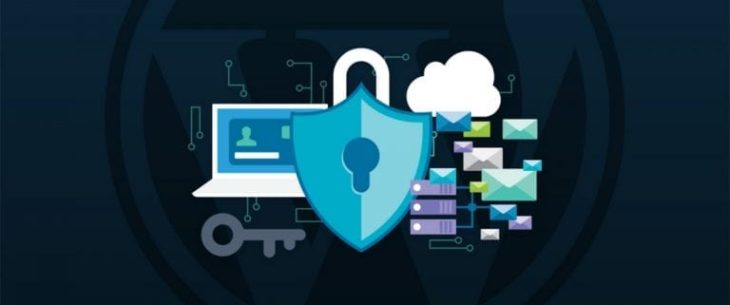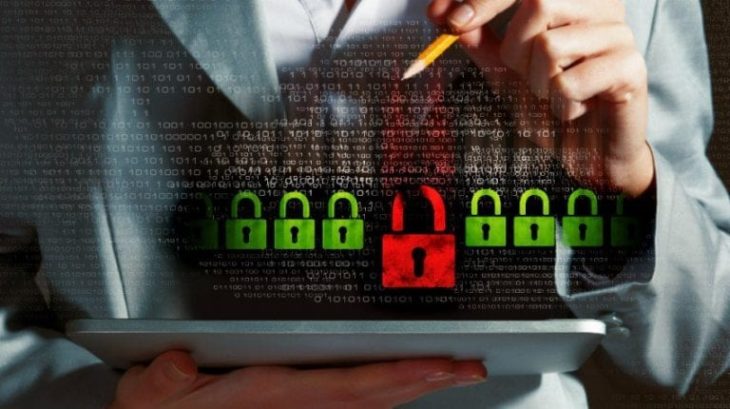With internet connecting people, finding privacy in this digital era is compromised. Many companies claim to have details of users including their phone numbers, email IDs and even addresses. Just search yourself on Pipl, and you will be surprised by the data you will see. Your data is sold to ad agencies for big bucks.
On the contrary, many reputable companies buy this data to understand human behavior. Many advertisers tend to know more about their consumers so that they can sell more and more by the like and dislikes of their target audience.
Whether you are wondering how to prevent identified theft or don’t want to be tracked, the following five measures can help you protect your privacy online.

Source: PSafe
Contents
1. Password Protects Everything
Most people use the same password for more than one digital platform. It’s obvious to forget different passwords for different platforms, the problem with using the same password on dozens of online services is, if someone gets hands on your password (be it a through a phishing attack) then they can access all your accounts, which is certainly alarming.
To help eliminate this dilemma, use a password manager application or maintain an excel sheet of your credentials.
You can also turn on two-factor authentication for any digital platforms that support it, which will eventually protect your account if a hacker does pass the first stage.
2. Use A Secure Web Browser
Every company you visit online is eager to know which site you visit and what are your likes and dislikes. By gathering information about you, they can target with the right ad which will eventually entice you to buy that product or service offered.
Your browser shows how you interact with the online world. You might be leaving traces out in the open if not careful. It will help if you keep your browsing private.
Private browsing deletes your history, temporary files, and cookies whenever you close the window.
Another way of doing it is to turn off third-party cookies this way you can keep those advertisers out of your reach.

Source: ThemeGrill
3. Finding Alternatives to Google
A study by web transparency showed that Google is one of the biggest culprits in the privacy breach.
This research stated that:
- 76% of hidden tracker on top million websites had only one job – to extract data.
- As per this study, all the top five third parties are Google-owned domains.
- Google, Twitter, and Facebook are the only third-party entities that are present on the 10% of the sites.
- The monopoly of the largest search engine also means that they have unprecedented power and can put users in search filter whenever they want.
- The number of trackers extracting your credentials varies. Sites editorial content and news have more trackers since they are monetized for advertisements and page views.
We might think that it is impossible to survive without Google, but the good news, “It Is Possible.”.
Here are some of the best and more private alternatives to Google.
4. Keep Your Digital Social Activity Private
Social networking tells a lot about us. We try to be as honest as we can, this is because we tend to make friends and expand our social circle. Did we ever wonder, that these social sites could be one of the core reason we become the prey of a privacy breach?
Facebook gives you granular control over what you post and what not to. To stay private and safe, you can tune in your Facebook settings and make sure only your friends see your activities.
To do that go to the ‘Settings’ at the upper right-hand corner of your screen and click ‘Privacy Settings’, now click on ‘Who can see my stuff.’
Check Facebook privacy settings and configure your profile accordingly.
Similarly, for Twitter, go to settings and adjust all privacy settings which include adding your location, making tweets private. You can tune in the micro-blogging platform for customizing your Twitter experience based on the sites you visit.
Be choosy with what to share and what not, take special care of your personal information such as your location or you’ll be tracked easily.

Source: Small Business Trends
5. Consider A Trusted VPN
VPN (Virtual Private Network) is an encrypted connection which keeps your browsing secure and hidden. A VPN is a secure tunnel to use World Wide Web anonymously. This anonymity is vital to survive in this era of privacy breaches and data mining.
VPN can offer you a degree of anonymity by masking your IP address from everyone.
You can choose the best VPN provider on the following factors:
– The degree of Anonymity it provides.
– Swift Internet browsing.
– Cost efficiency.
– Read Product Reviews.
Final Words:
If you’re reading this, then you now might have a precise idea of how your online privacy is compromised and how to have a secure way out of it.
Lastly, in this digital age, online privacy tools are not less than an avenger.
